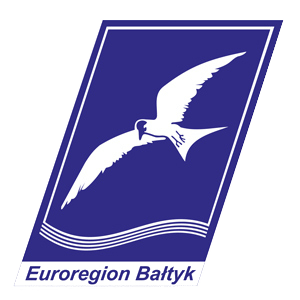Informacje z Euroregionu Bałtyk
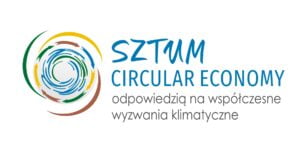
Sztum Circular Economytl-ne News Projects Sztum Circular Economy English pll_6453afd2bd305 Sztum Circular Economy
Sztum Circular Economy project - study visit to Norway
On 25-27 April this year, as part of the Sztum Circular Economy project, representatives of the Association of Polish Communes Euroregion Baltic participated in a study visit organised by the project's Norwegian partner, the International Development Norway organisation, which operates in various business areas, solving real problems of entities from the public and private sectors. The Sztum Circular Economy project aims to build local foundations for a circular economy. In line with this idea, the study visit aimed to: recognise the benefits of the circular economy; showcase good practices related to it; reinvigorate entrepreneurial attitudes and creativity towards the circular economy; and teach how to engage the local community or use local resources for the circular economy.
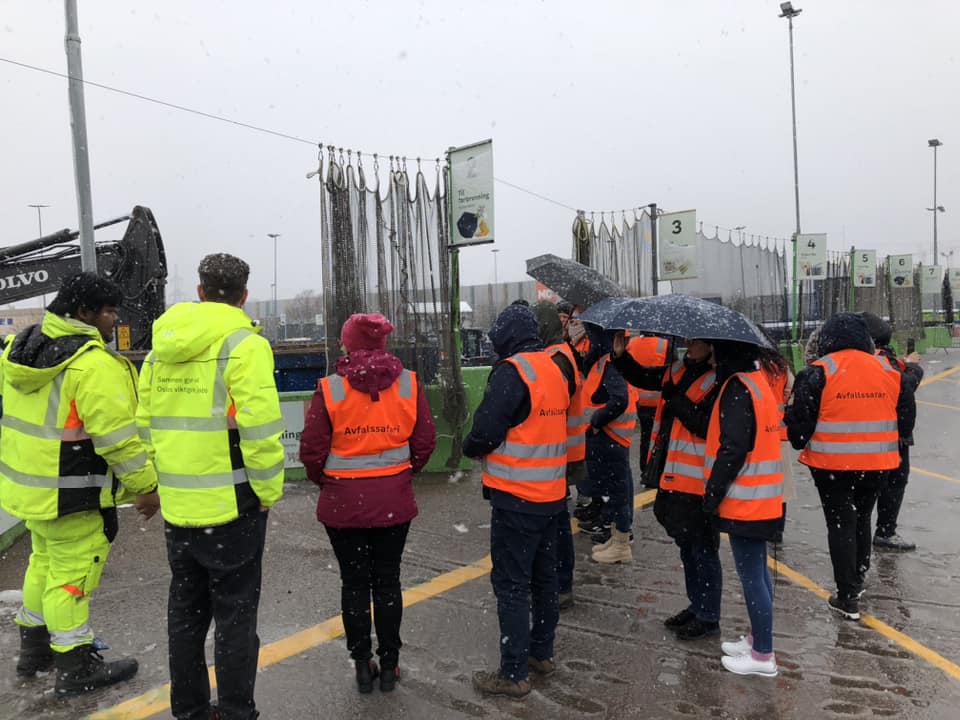
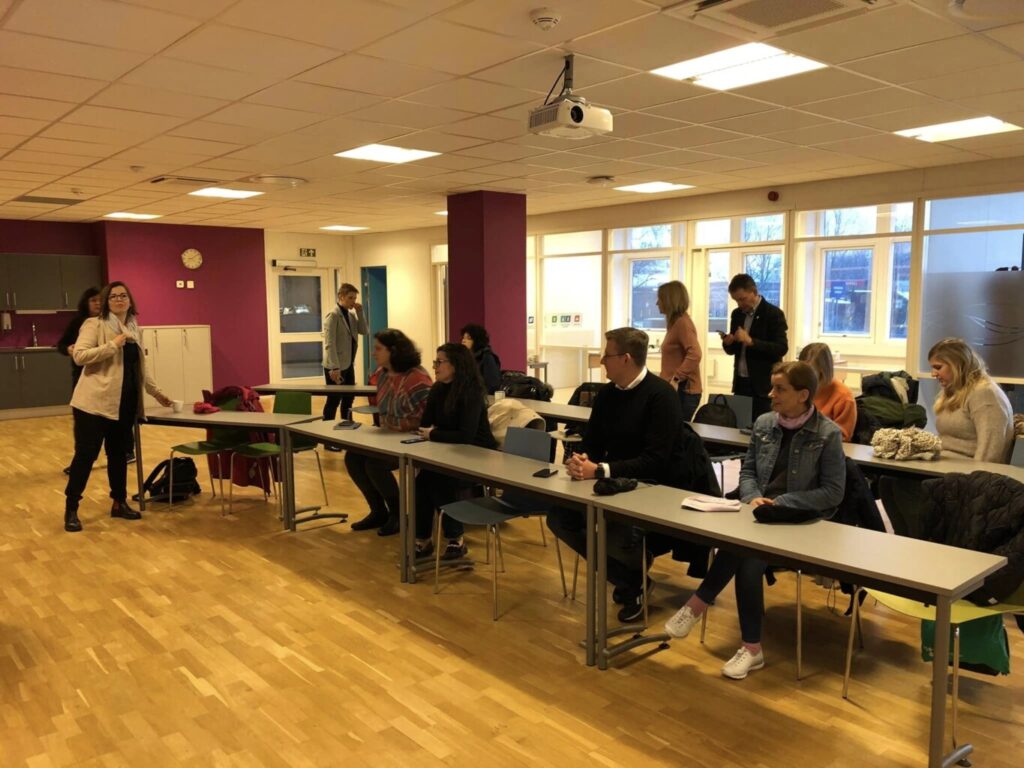
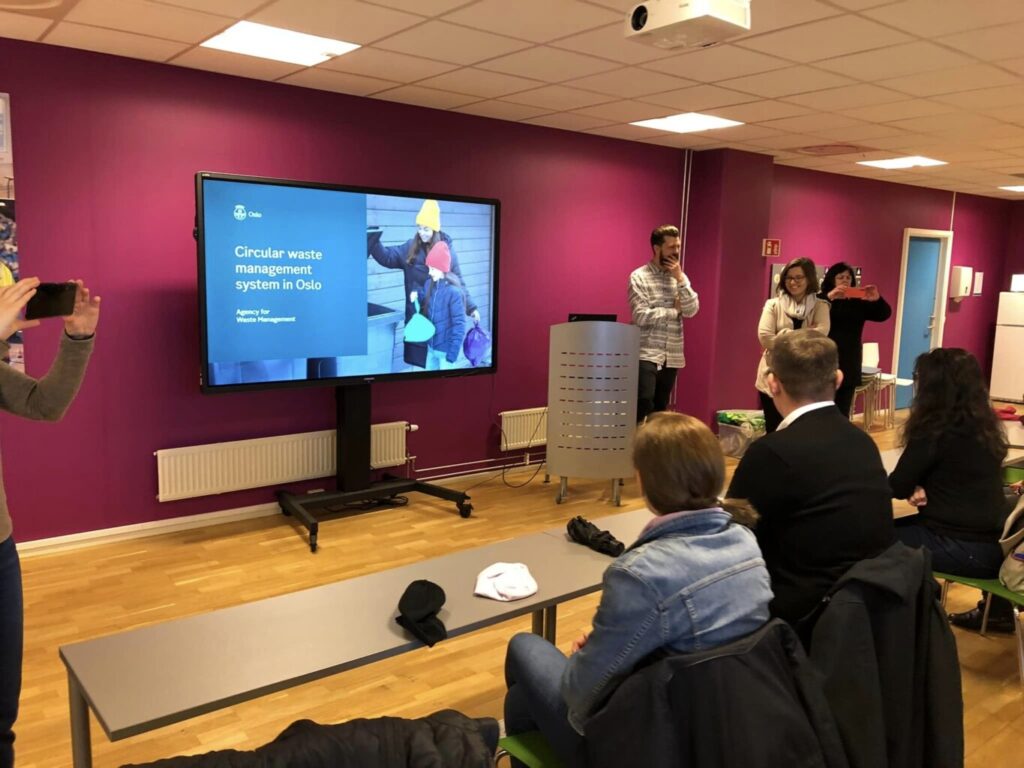
The first place visited, related to waste segregation, reuse and resource utilisation, was SirkuLaer, which is a sorting training centre and is also a place for visitors. A representative from SirkuLaer talked about their waste segregation activities and how they teach residents, starting with children in fourth grades. Participants were given a tour of the station, where they were able to see what segregation looks like in the different fractions and what the 'green tent', the place where the recycled shop is located, looks like.
Another inspiring place is a waste recycling company that additionally runs a second-hand shop - Sirkula. The innovative concept of the second-hand shop, located right next to the recycling centre, is that customers of the recycling centre can deliver reusable items they no longer want to Sirkula, instead of throwing them in a container. Delivered items will be given to shops that can sell them as delivered, repair them or convert them into something else. There are also containers on site for items that have not made it to the shops, such as children's toys or books. There has been a lot of interest from residents in the site and they are looking to work with more companies to take care of the missing sections.
The municipality of Asker, working on climate and environmental challenges in line with the SDGs, was visited in the following days. The Asker municipality has recently developed its own circular strategy and shared its experiences with the visitors. The circular station and the Dal Skog Sorting Plant were also visited. The circular station is located in the Municipality and runs a similar waste sorting system, but the participants found it just as interesting. They noticed, for example, the arrangement of the containers, which were located so that everyone could throw items into it themselves. The station also works with a number of companies, which are given items to choose from for recycling. Items that are not selected are thrown into containers with a particular fraction. A workshop was also held here, where participants focused on current activities regarding circular economy issues, with a particular focus on integrating the circular economy into current municipal activities, in strategies, plans and operations. Staff also talked about how to promote and contact residents to encourage segregation.
The last site visited was the 'Magic Factory' located in Tonsberg. This is a pilot site running a Greenhouse (eco-building), where biogas is produced when plants are grown in a greenhouse. Activities are run here for children, who learn, for example, how to cook with products grown in the greenhouse, also receiving knowledge about the circular economy.
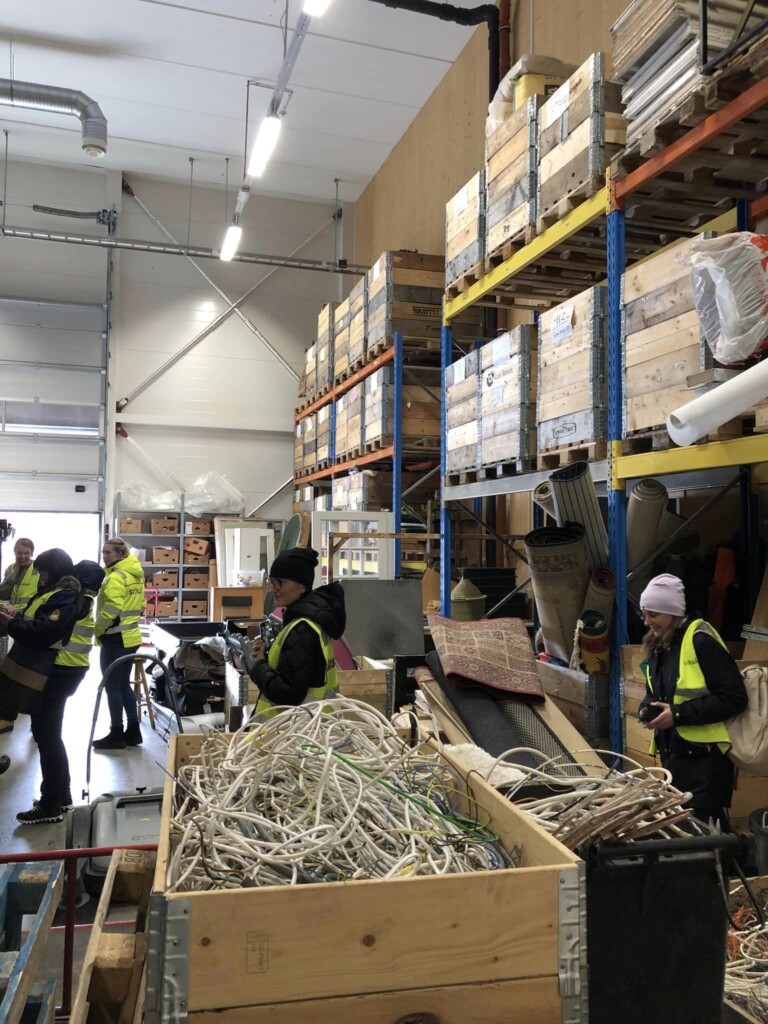
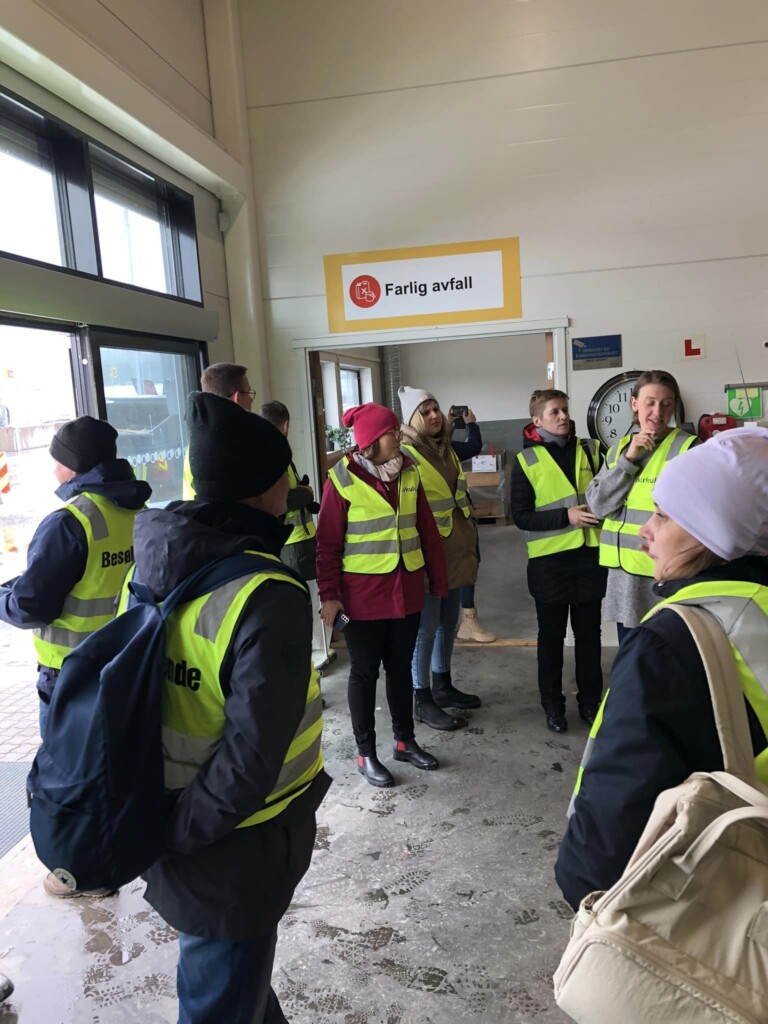
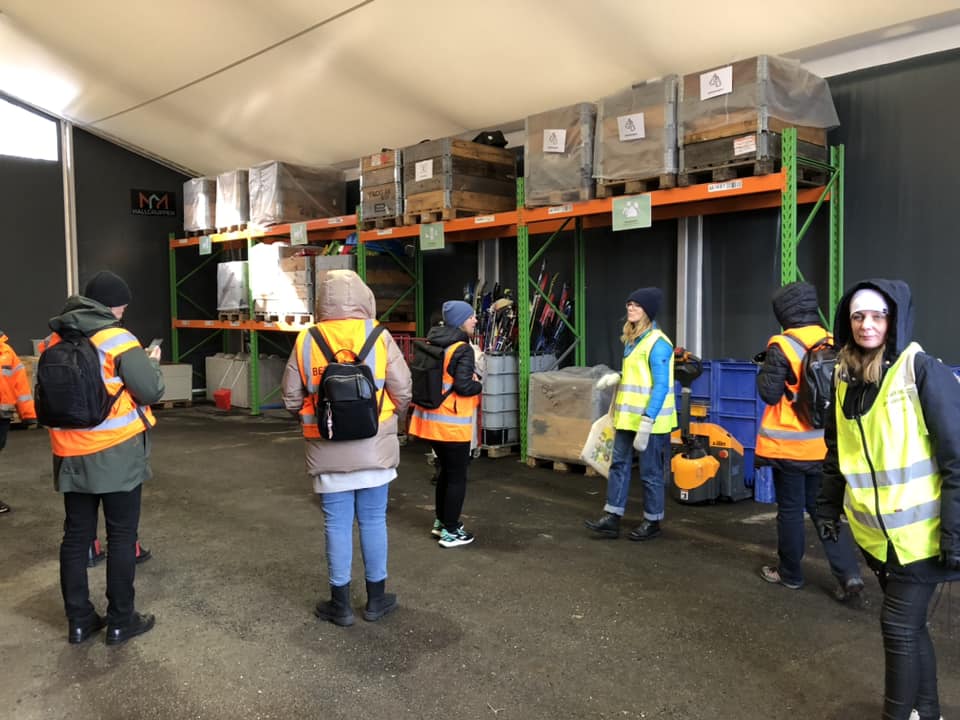
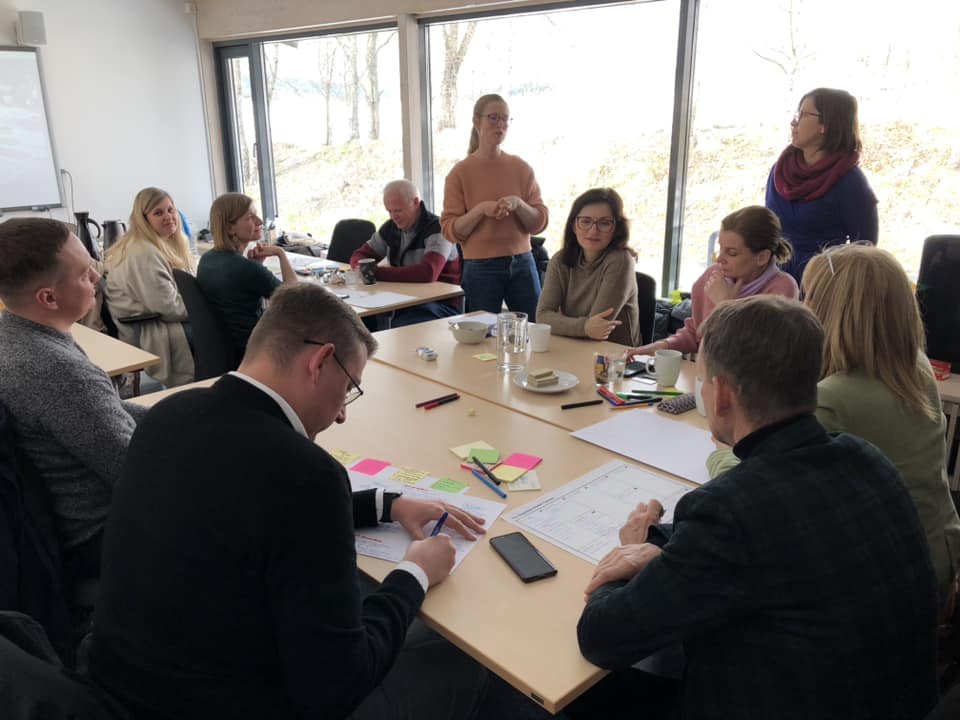
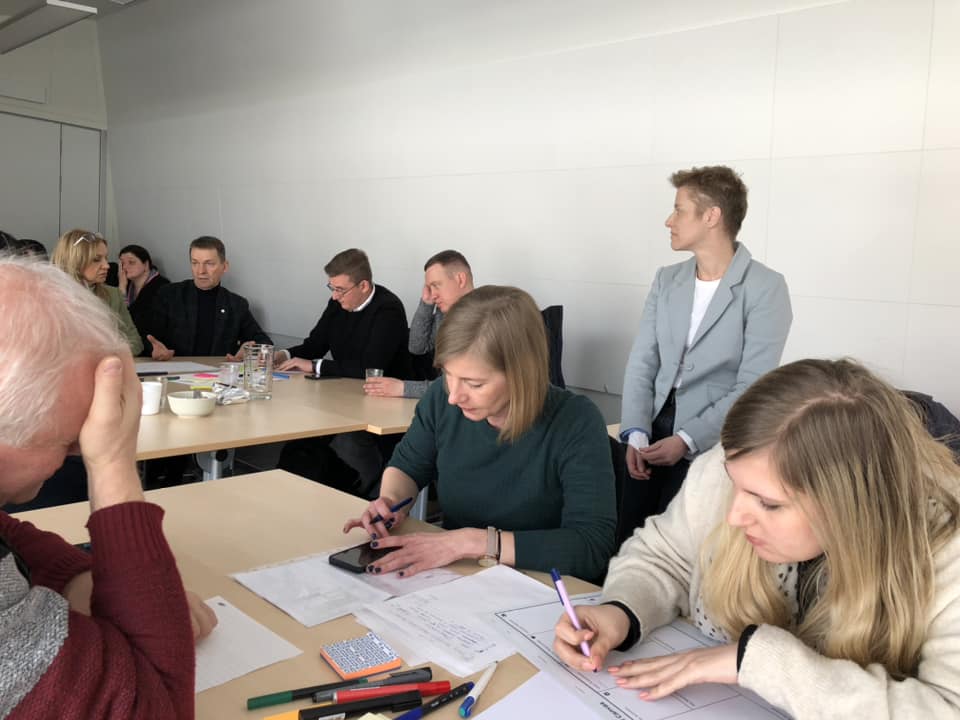

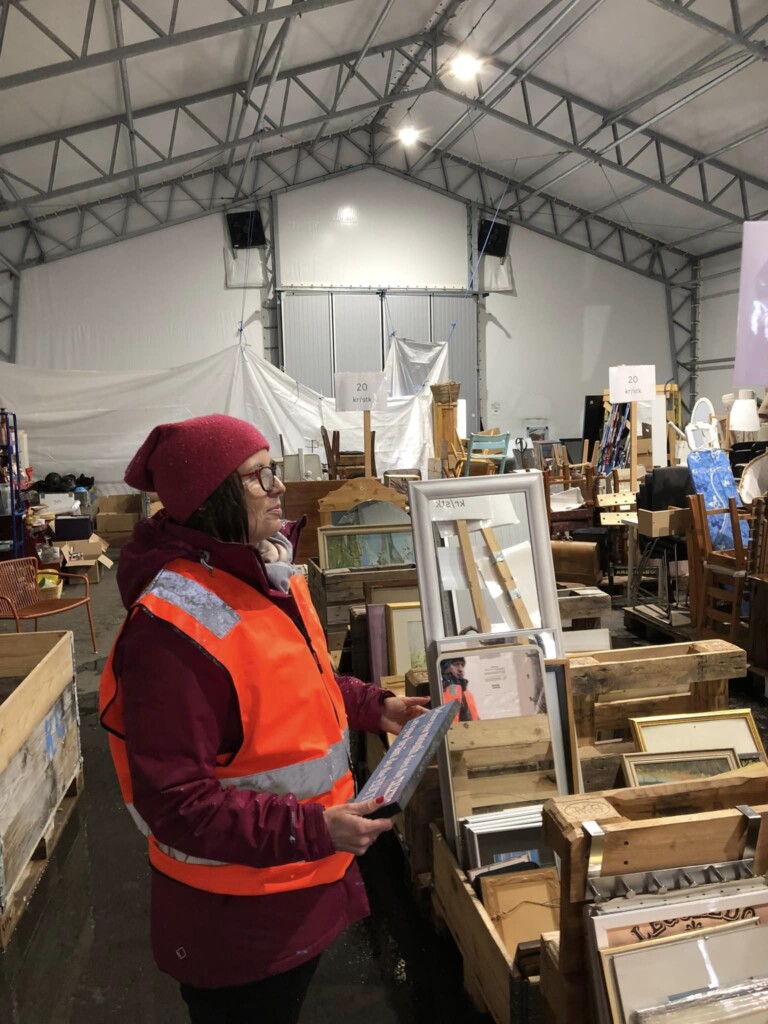
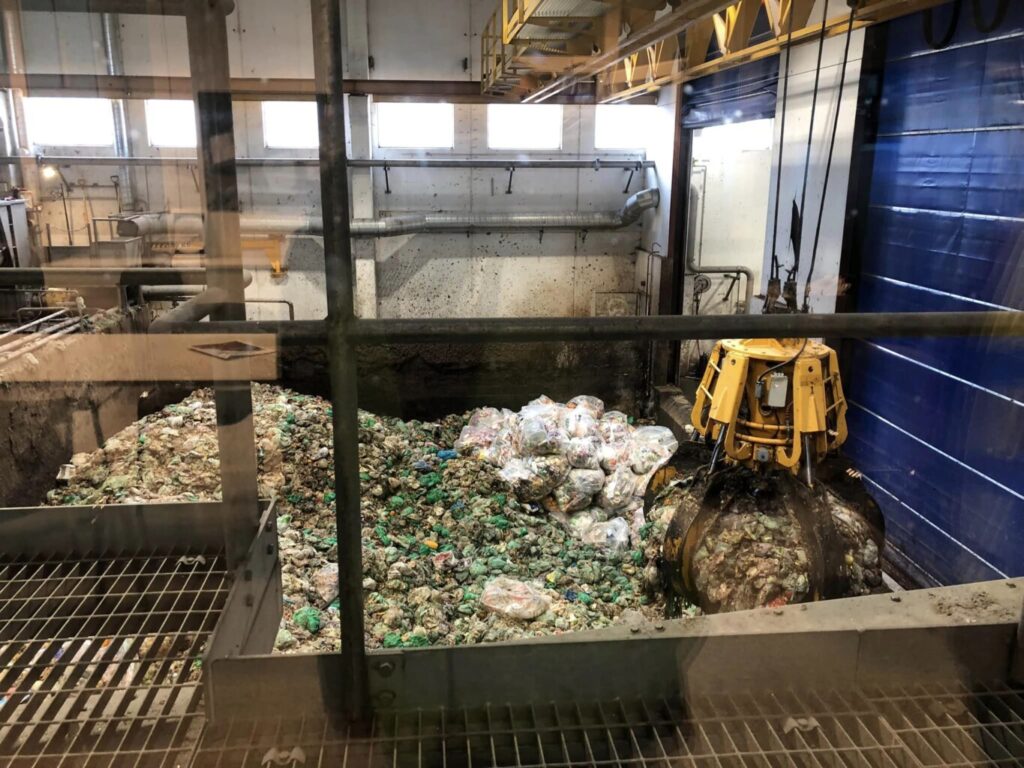
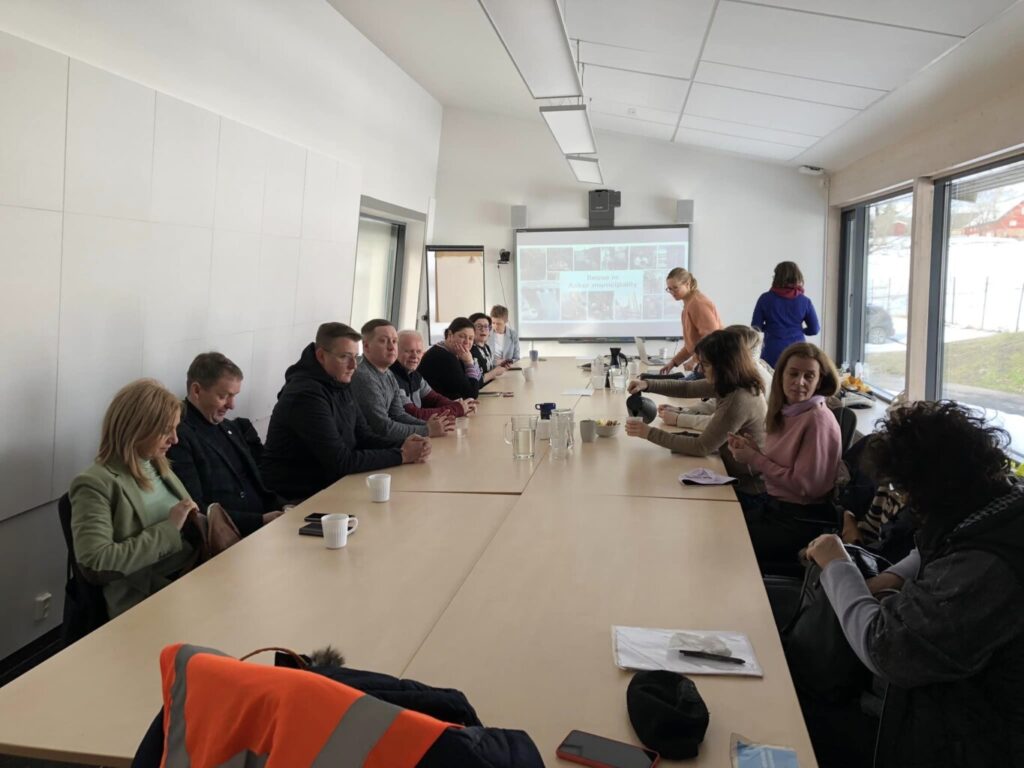
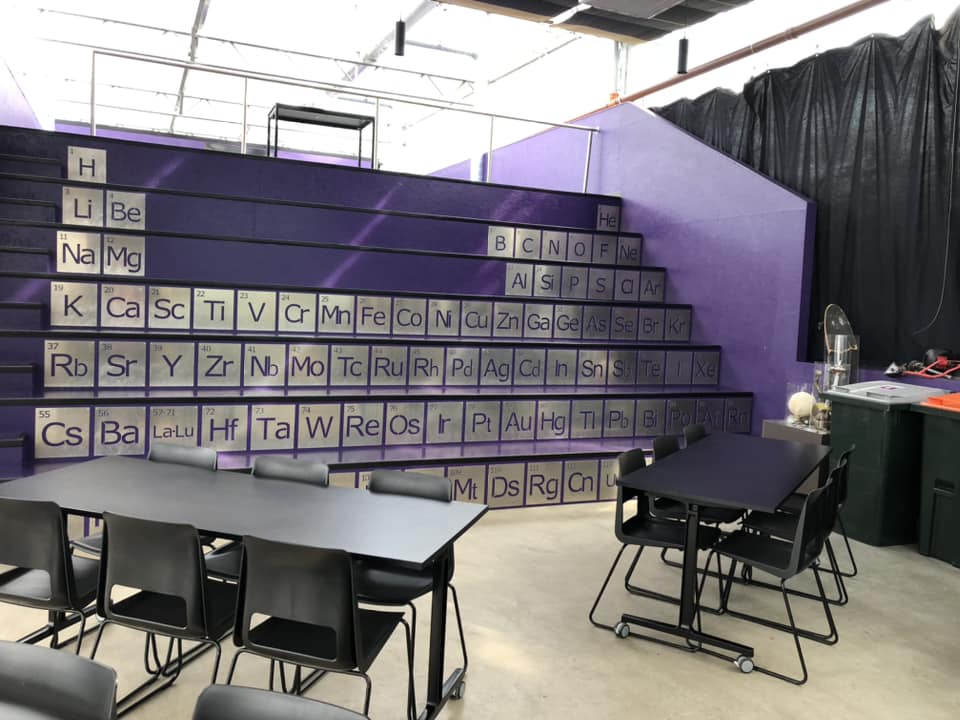
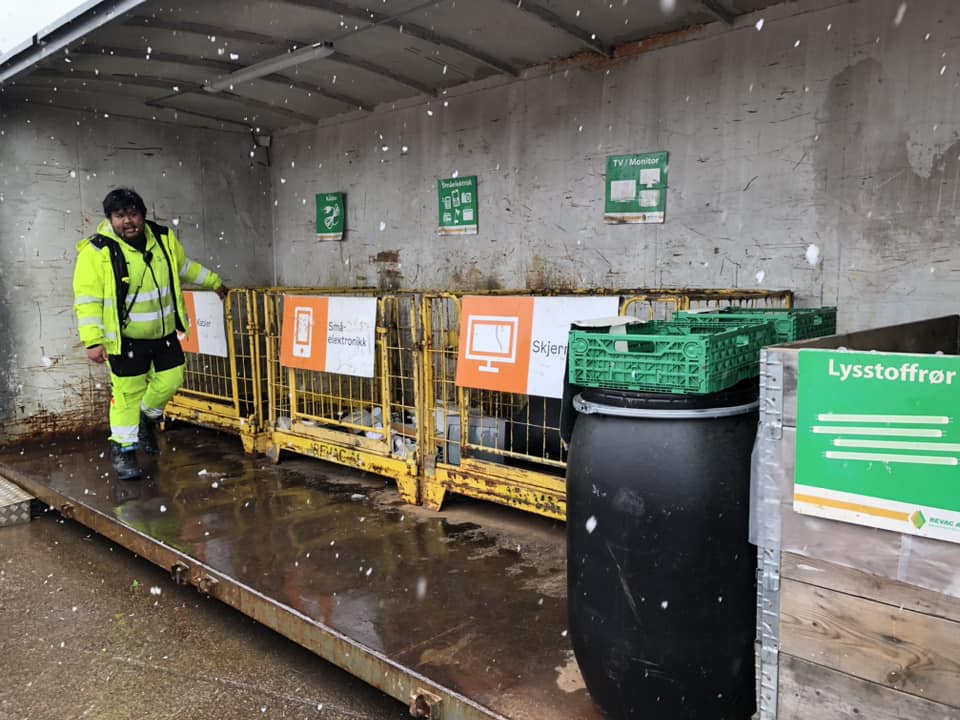
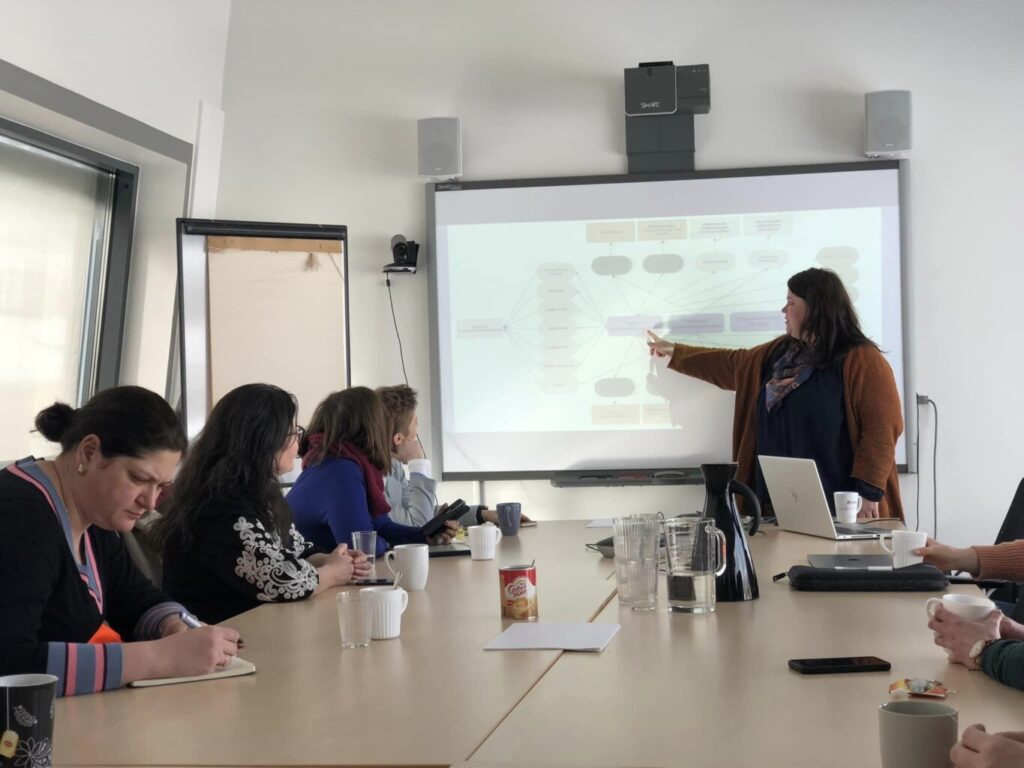
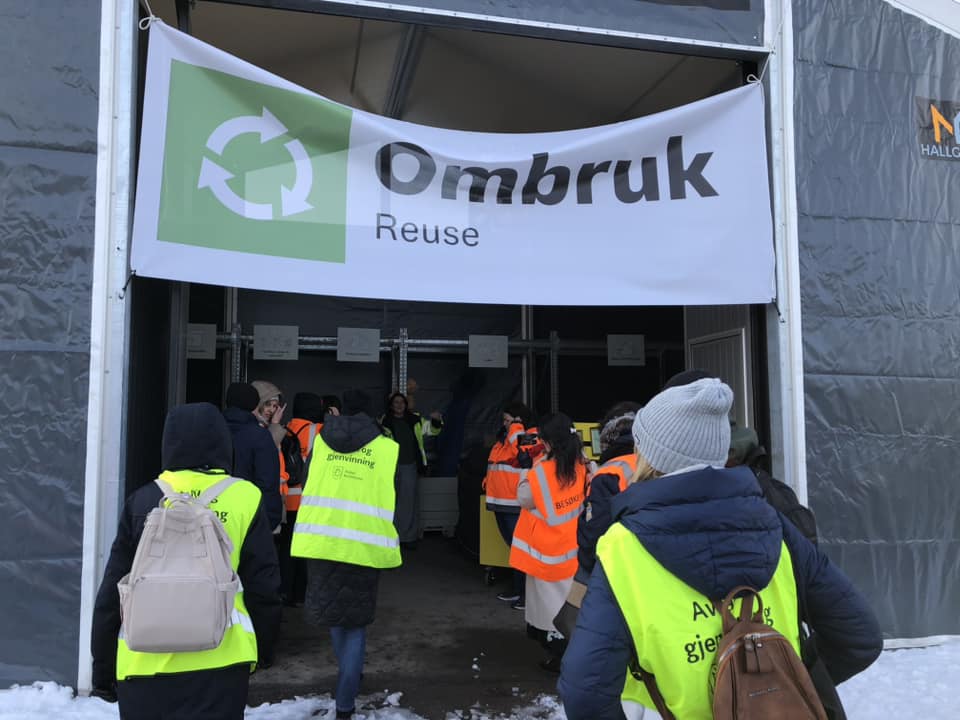


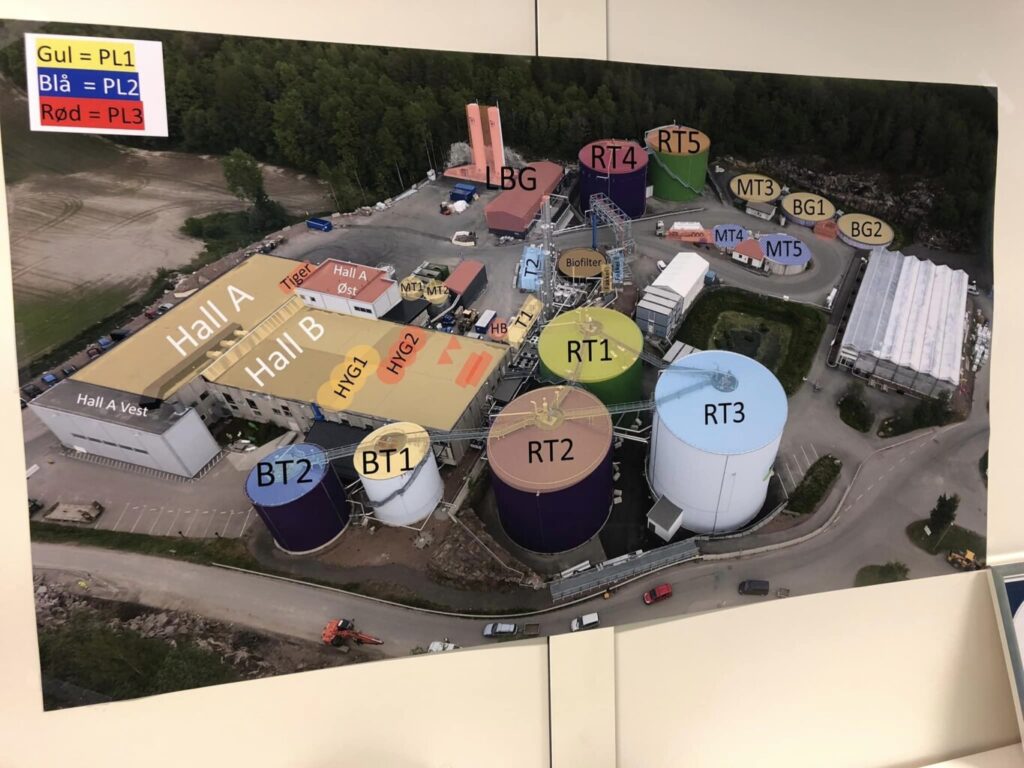
The project partners are: City and Municipality of Sztum, Gdansk University of Technology, International Development Norway, the Association of Polish Communes Euroregion Baltic.
